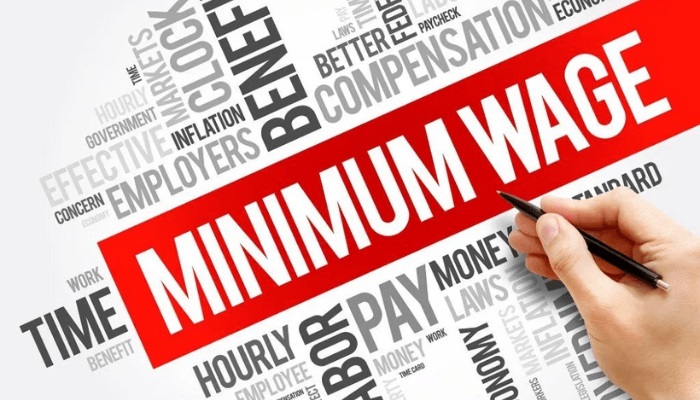Rethinking the Minimum Wage: A Path to Dignity and Economic Growth
A minimum wage is not just a number; it’s a statement about the dignity of our workers. It represents the minimum that the beer parlor attendant, the security personnel operating our gates, and the restaurant cleaner should earn to be dignified in service. Beyond the national minimum wage, states should have their own minimum wage because every state may be unable to pay the same thing. For instance, there is no justification why oil-producing states should not pay more salaries than non-oil-producing states.
Enforcing a minimum wage is not just about social justice, it’s also a smart economic move. It ensures that even if one cannot secure employment in the civil service, workers can still take pride in their work. Moreover, it guarantees that no worker earns less than the national minimum wage in the public and private sectors. When the baseline pay is enough to cover their transportation to work and back, provide for their families, afford health insurance, and send their children to school, workers feel a sense of satisfaction and pride in their ability to provide for their loved ones. It’s one of the ways to eradicate corruption in the public service and stimulate economic growth.
Calculating a minimum wage is manageable; it’s a transparent and fair process if the social dialogue partners come in with an open mind. Negotiators could select two states from each of the geopolitical zones. They could then conduct research to determine the average transportation, feeding, and work-related costs for a household of six. Next, they could calculate the health insurance cost for a family of six, the cost of housing, electricity, etc. A fair and reasonable minimum wage can be established by taking the average of these costs. This straightforward process ensures that the minimum wage is not set at an arbitrary figure like sixty thousand naira but is based on real data and the needs of the workers.
Any minimum wage that cannot take people to and from work and cannot pay rent for workers to have a roof over their heads would be unfair to the people. Nigeria can pay a higher minimum wage if the wastages in governance, such as excessive spending on non-essential projects and corruption, are curbed. For example, should the government pay over 180 billion naira to subsidize personal spiritual endeavors in the name of pilgrimage to Jerusalem and Mecca?
Why should we persist with our current legislative structure, often criticized for its high cost, when we can adopt a parliamentary structure? In a parliamentary system, the Ministers are also members of parliament and, therefore, politically oversee their respective ministries. This could lead to more effective governance and a more equitable distribution of resources, a potential solution to our current issues.
Grace and peace!!!




